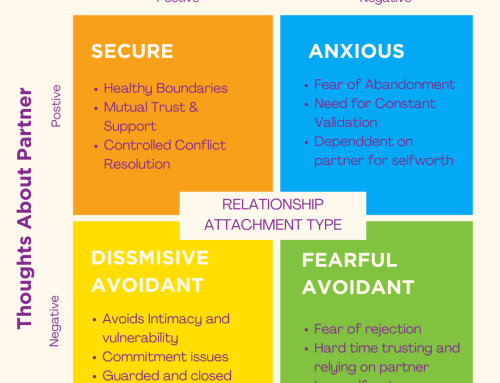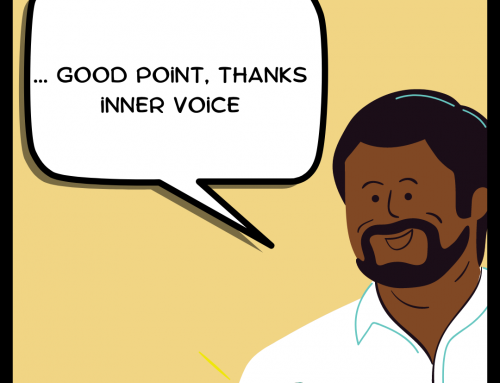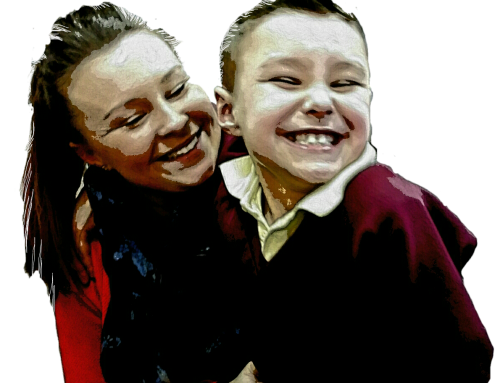Holiday bodies and body dysmorphic disorder (BDD)
As the weather hots up in England, thoughts can turn to our wardrobes and bodies. The sun can bring much-needed vitamin D and boost our mental well-being, but it can also see us reflecting in the mirror. It’s not solely sun damage we need to protect ourselves from – we need to be kind to ourselves as we pop our shorts on.
And the stress of health warnings, illness, working from home, and the cost of living have meant that, for many, bodies have changed.
You’re not alone if you’ve gained weight – 43% of 25-49-year-olds have too, according to Statistica.
“I looked at a photo a friend had taken of me, and I didn’t like what I saw – I wanted to delete the photo before it was posted anywhere. I’ve put so much weight on through Covid, and then my dad had cancer. I had to remind myself that I had so much fun the day the photo was taken – I need to be patient as I get my nutrition and exercise back together and be kinder to myself.” An anonymous friend of the AoC
But what is the difference between being unhappy with your weight and your vision of yourself impacting your mental health?
It’s one thing to want to fit back in our clothes, and another to not go out because of our image.
What is Body Dysmorphic Disorder (BDD)
According to the NHS, you might have BDD if you:
- worry a lot about a specific area of your body (particularly your face)
- spend a lot of time comparing your looks with other people’s
- look at yourself in mirrors a lot or avoid mirrors altogether
- go to a lot of effort to conceal flaws – for example, by spending a long time combing your hair, applying make-up or choosing clothes
- pick at your skin to make it “smooth”
But, it’s very difficult to understand where the line is, and at The AoC, we think it’s how you feel and whether the way you feel gets in the way of enjoying yourself (socialising).
Whether you have BDD or you just need some support, the good news is that help is out there.
Cognitive Behavioural Therapy
If you visit your doctor, you might be referred to a therapist to support your mental health. You can also visit a therapist directly to refer yourself – and you’ll probably be offered a range of therapies to help.
One of the most common therapies is Cognitive Behavioural Therapy (CBT), which is known as talking therapy.
CBT helps you to understand triggers (where and when the feeling starts) and what sort of language (verbal or internal chatter) you use. Your therapist can then help you to change some of that language and set some goals.
Your therapist may use exposure and response prevention (ERP), where you’ll slowly start to face situations that make you feel unhappy about your appearance.
As with all therapy, there are often other influences that impact the way we feel, which your therapist can also help you with.
If you need any support with your mental health or BDD, the AoC can help. Contact us on 01384 211168 or email support@theaoc.org.uk for more information.





